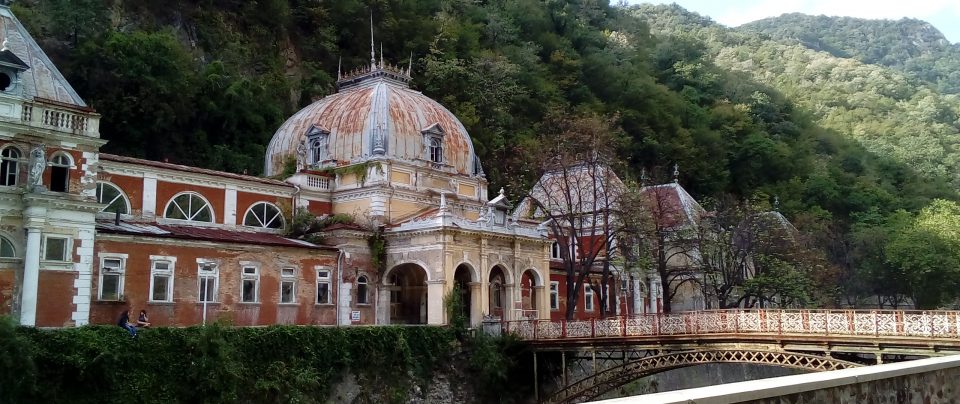It’s still hard to credit that Christopher Hogwood is no longer with us – for anyone of my generation, he’d been at the front of the Historically Informed Performance movement for as long as we’d even known about it. I still recall, as a teenager, borrowing his L’Oiseau-Lyre box-set of Mozart symphonies with the Academy of Ancient Music from West Kirby library and being outraged at what I heard (there’s nothing more conservative than a 17-year old).
Years later, he directed concert performances of three major Handel operas with the AAM over three years in Birmingham – an experience that, with encouragement from Annette, would launch me on an ongoing exploration of a genre I still (if I’m honest) find problematic. Shortly after Flavio we booked our first trip to Drottningholm. Meanwhile, in April 2008, I’d interviewed Christopher Hogwood for Metro, and found a warmth, a charm and an enthusiasm strong enough to persuade any sceptic. Here’s the article:
Birmingham Town Hall has heard a lot of Handel. The Victorians couldn’t get enough of his oratorios, and Ex Cathedra’s recent performance of Messiah is just the latest in a line that stretches back to the Hall’s opening in 1834 – and beyond. Indeed, if the city fathers who designed the Hall had any particular vision in mind, it was surely a temple to the cult of old Georg Frideric. But still, it’s unlikely to have heard anything quite like this – as the Academy of Ancient Music, seven singers and the conductor, harpsichordist and Handel biographer Christopher Hogwood take the stage for a full concert performance of Handel’s sumptuous 1723 opera seria Flavio, Re De’ Longobardi.
“Handel was a great opera writer – the theatre was his first and greatest love” explains Hogwood. “The Academy of Ancient Music was looking for a project to span the three years prior to Handel’s anniversary in 2009, and I wanted to do something coherent – all my career, I’ve been working to try and bring some coherence to our picture of Handel. So we’re performing three Handel operas over the three years. Last year we did a very early Handel opera, Amadigi; next year we’re doing one of his very last, Arianna, and this year we’re doing one from his middle-period”.
But there’s rather more to the choice than that. To the majority of music lovers, who know Handel for Messiah, the Water Music and the ITV Champions League theme tune, it can come as a surprise to realise that he wrote over 40 operas. With a field this wide, Hogwood made his choice with a view to its impact.
“Flavio has a large cast, and quite an amusing subplot – there’s a surprising amount of light comedy, as well as all the usual high dynastic politics that you get in opera seria. It’s dramatic – one of the characters actually dies on stage, which is exceedingly rare in baroque opera. And there’s a running storyline about the difficulty of governing Britain. Handel’s London audiences would have enjoyed that, and I think ours will too”.
That’s important when you’re trying to revive a work that’s barely been staged in 285 years. The very fact of Flavio’s neglect is a reminder of an inconvenient truth about baroque opera seria. Its reputation for stilted classical plots, high-flown emotion and flashy but superficial singing has proved a hard one to shake – and for Hogwood, the popularity of Handel’s oratorios is partly to blame.
“This idea that the operas are statuesque and undramatic is a misconception created by opera companies who’ve tried to stage the oratorios as if they were operas. They don’t work – you just end up with a chorus of 50 on stage and nowhere to go. Handel’s oratorios are a completely different conception from his operas. He understood the theatre; his operatic music reflects that. And a lot of modern directors who do stage the operas don’t really trust Handel’s music, it seems to me. So they fill the stage with guns, helicopters and nudity. But it’s not TV opera – it has to have a certain studied formality. And it needs great singers”.
No problem on that front, with a cast that includes Iestyn Davies and Robin Blaze. “We haven’t got costumes and sets” says Hogwood “but we’ll certainly have action; people walking on and off, enough to show that these are characters in a drama. That spares us the hypodermic syringes and helicopters – which to me is an improvement. It’s less expensive too!”
And his advice to beat those other misconceptions? “Read the words! You have to know what they’re singing about – there are moment-by-moment changes of mood and emotion. And be ready to rise to some really big themes: themes of honesty, loyalty, power and love.” Big themes, powerful drama and great music…maybe it’s time,once again, to rediscover a Handel we’ve all forgotten.

